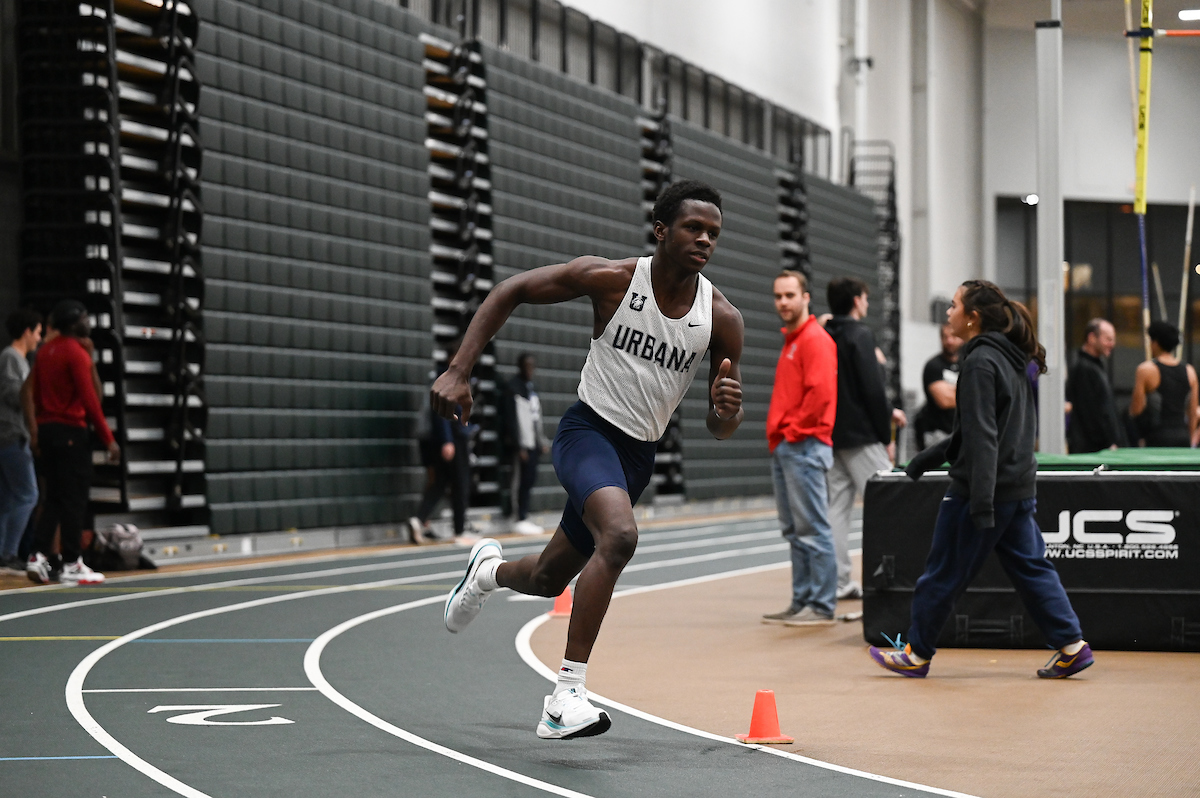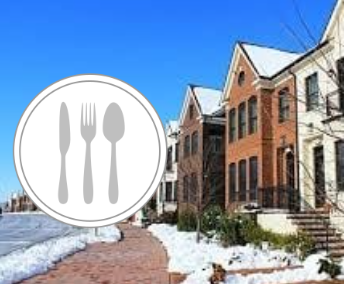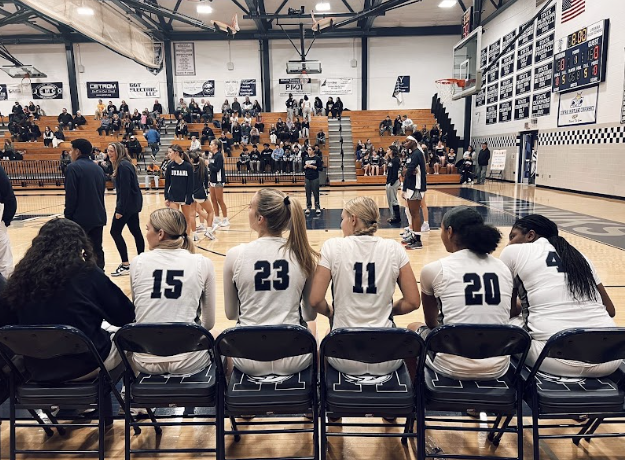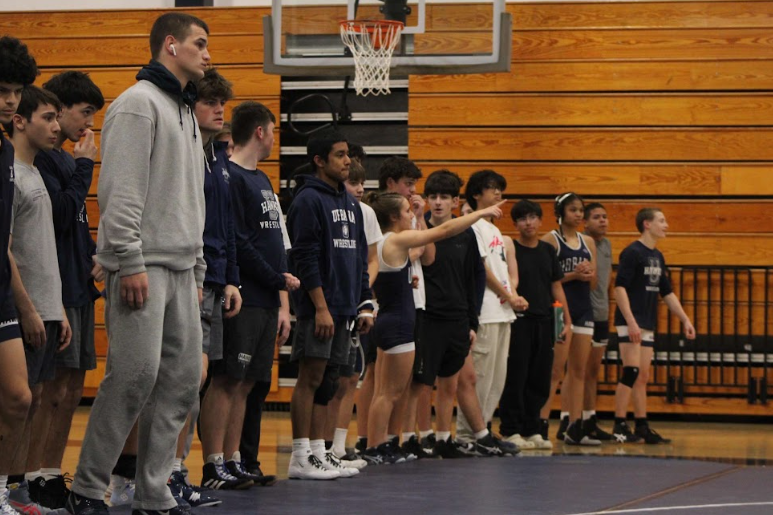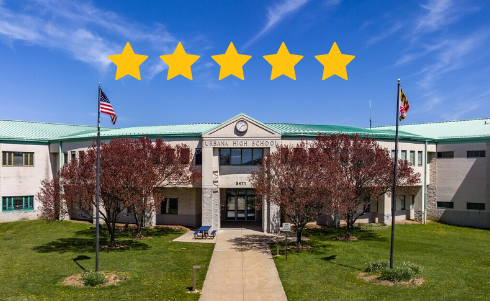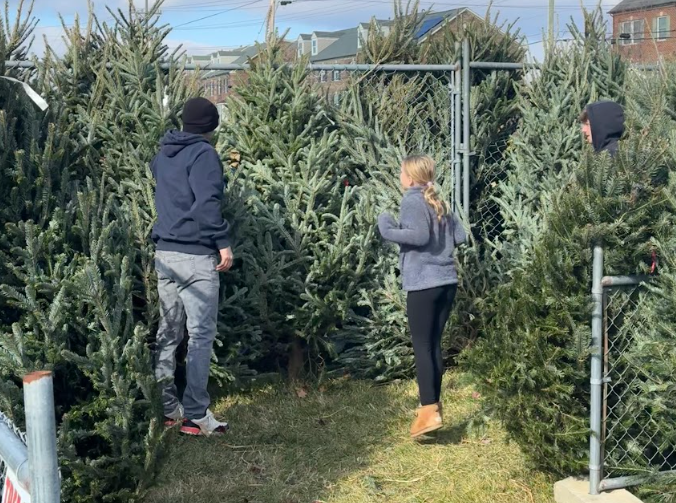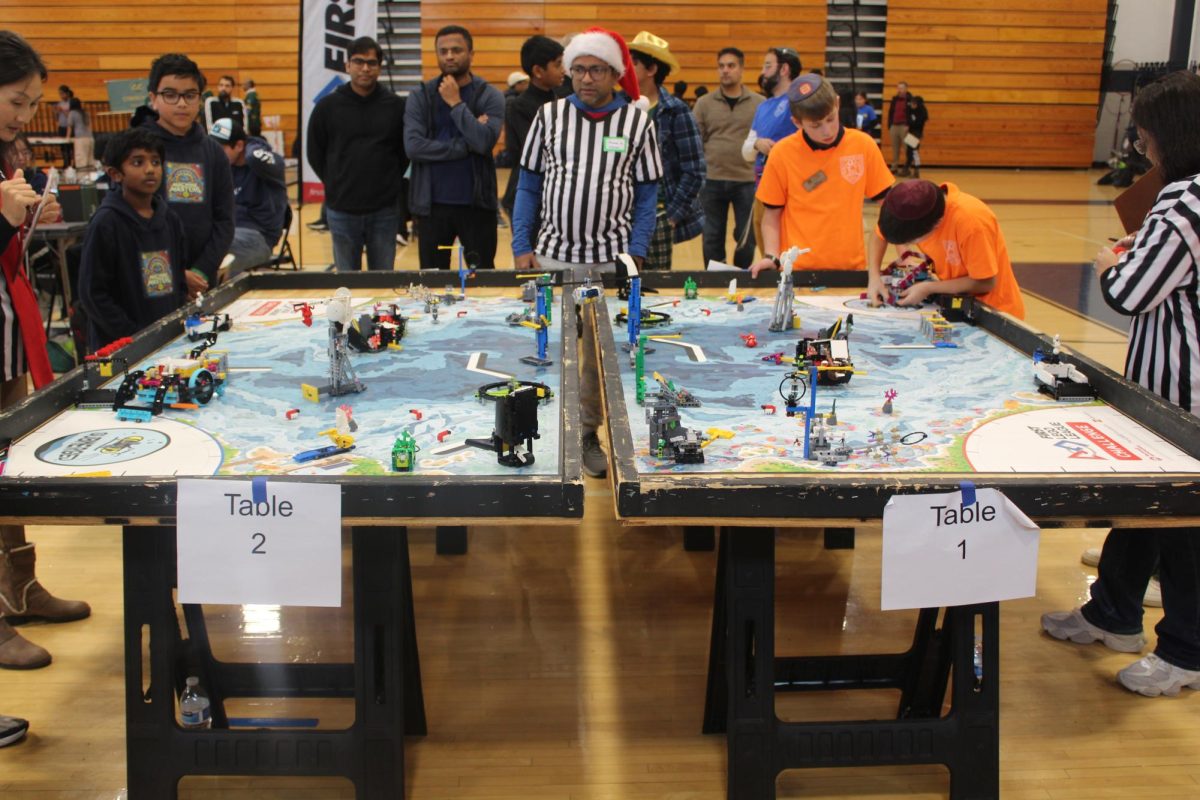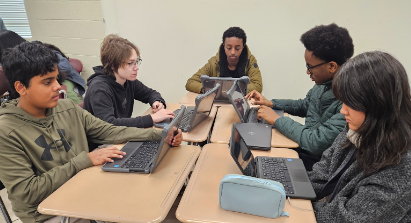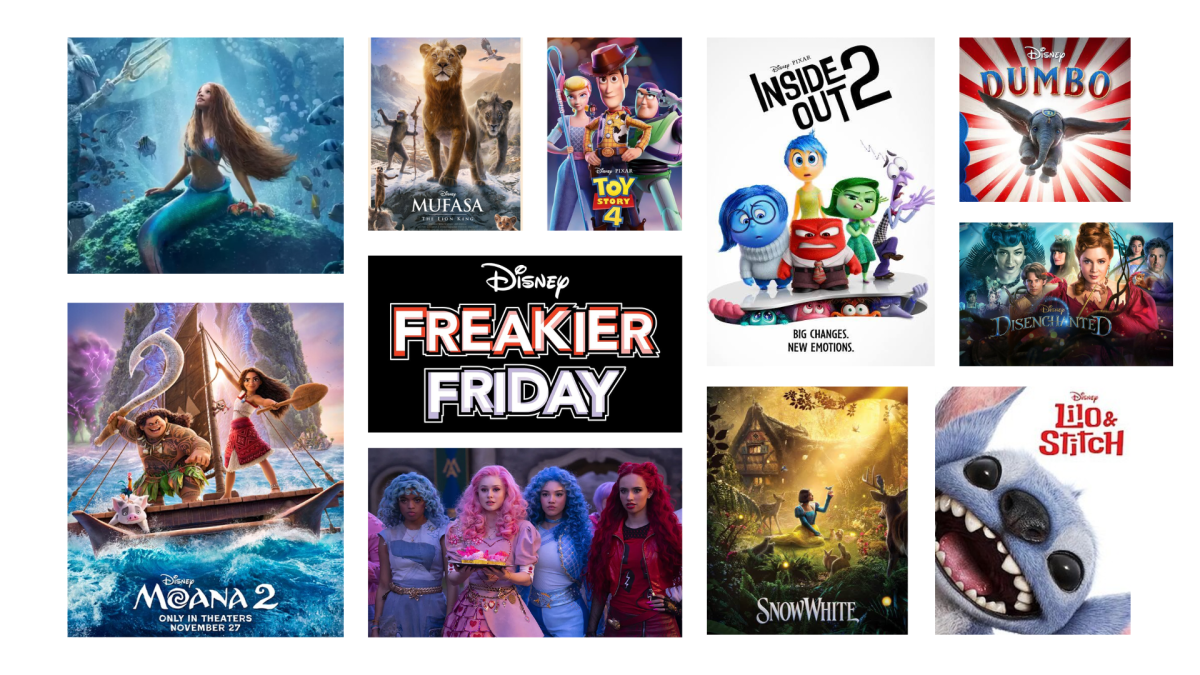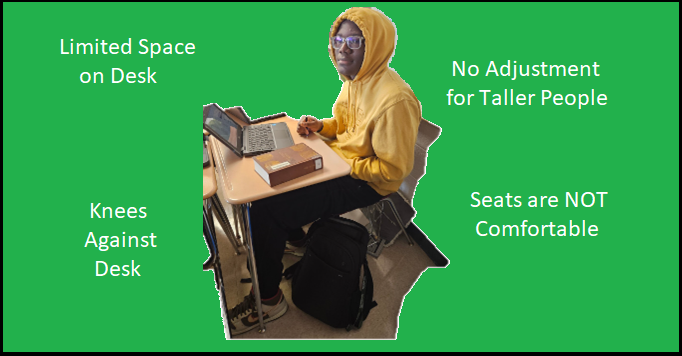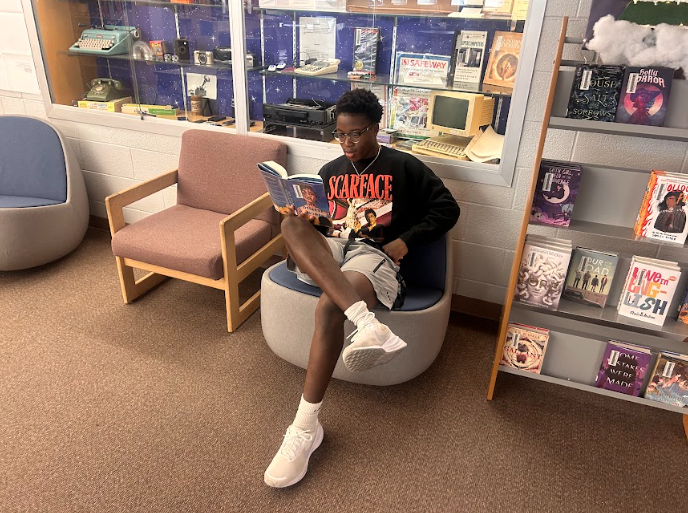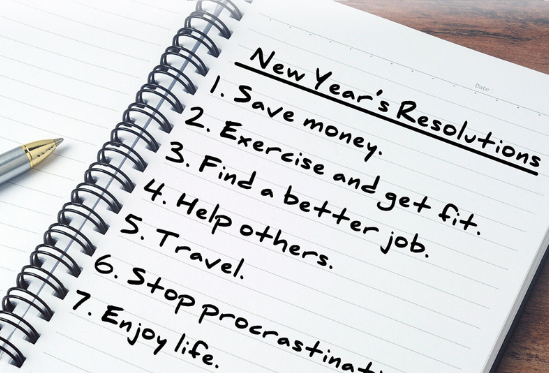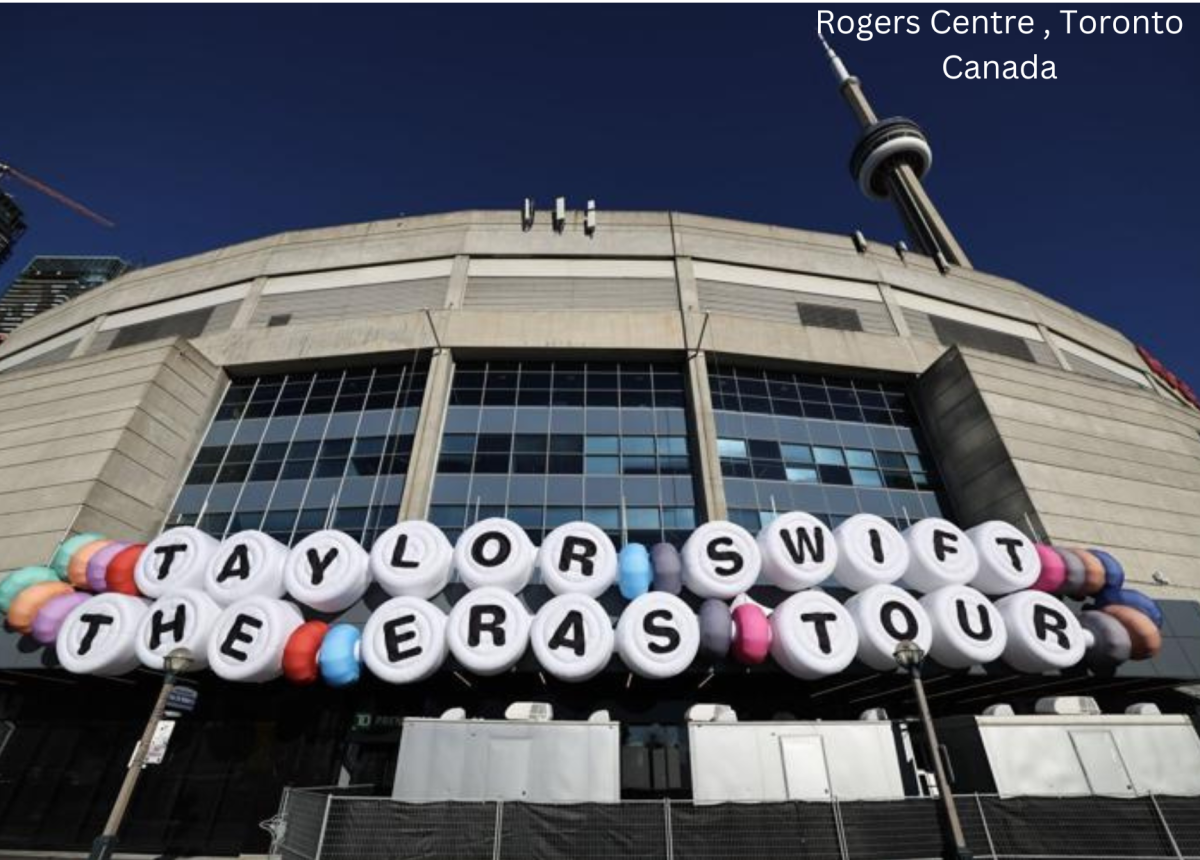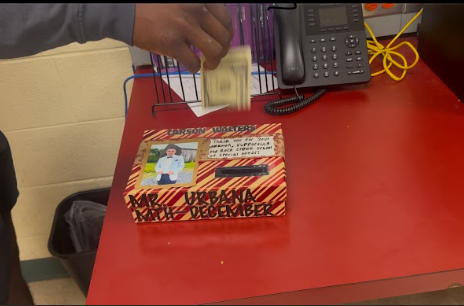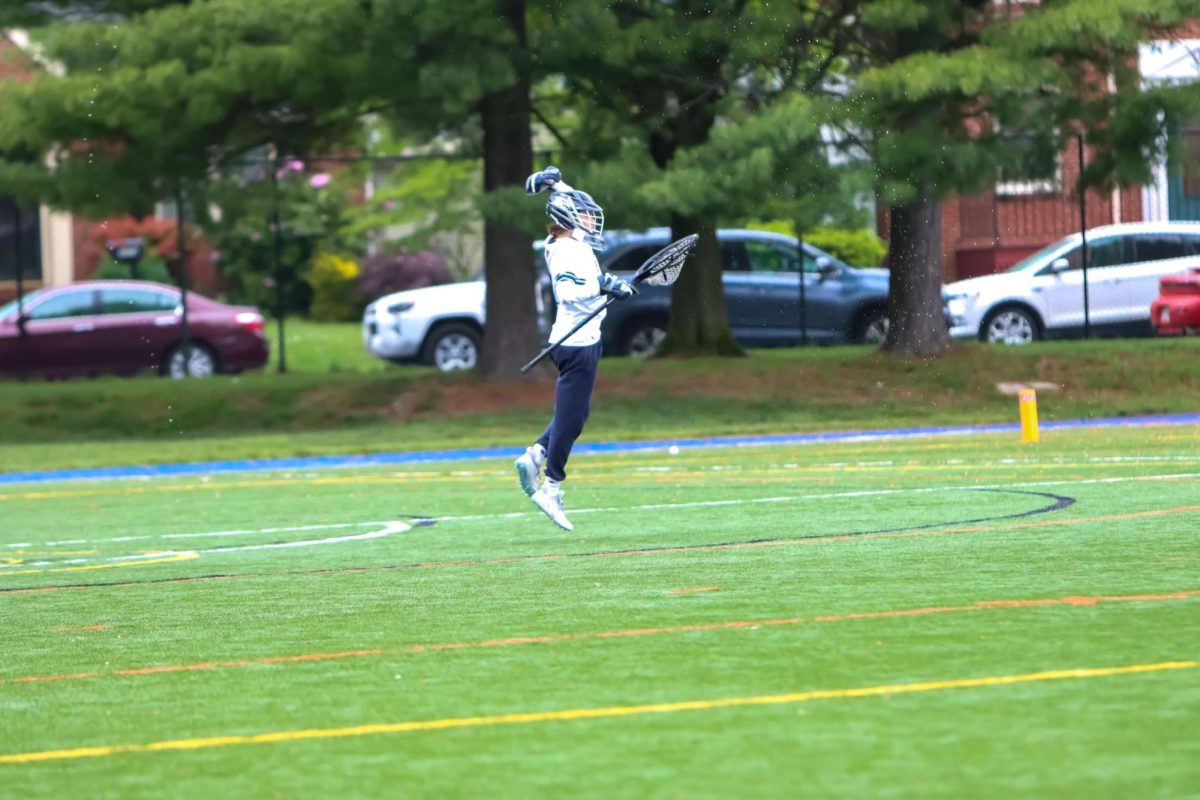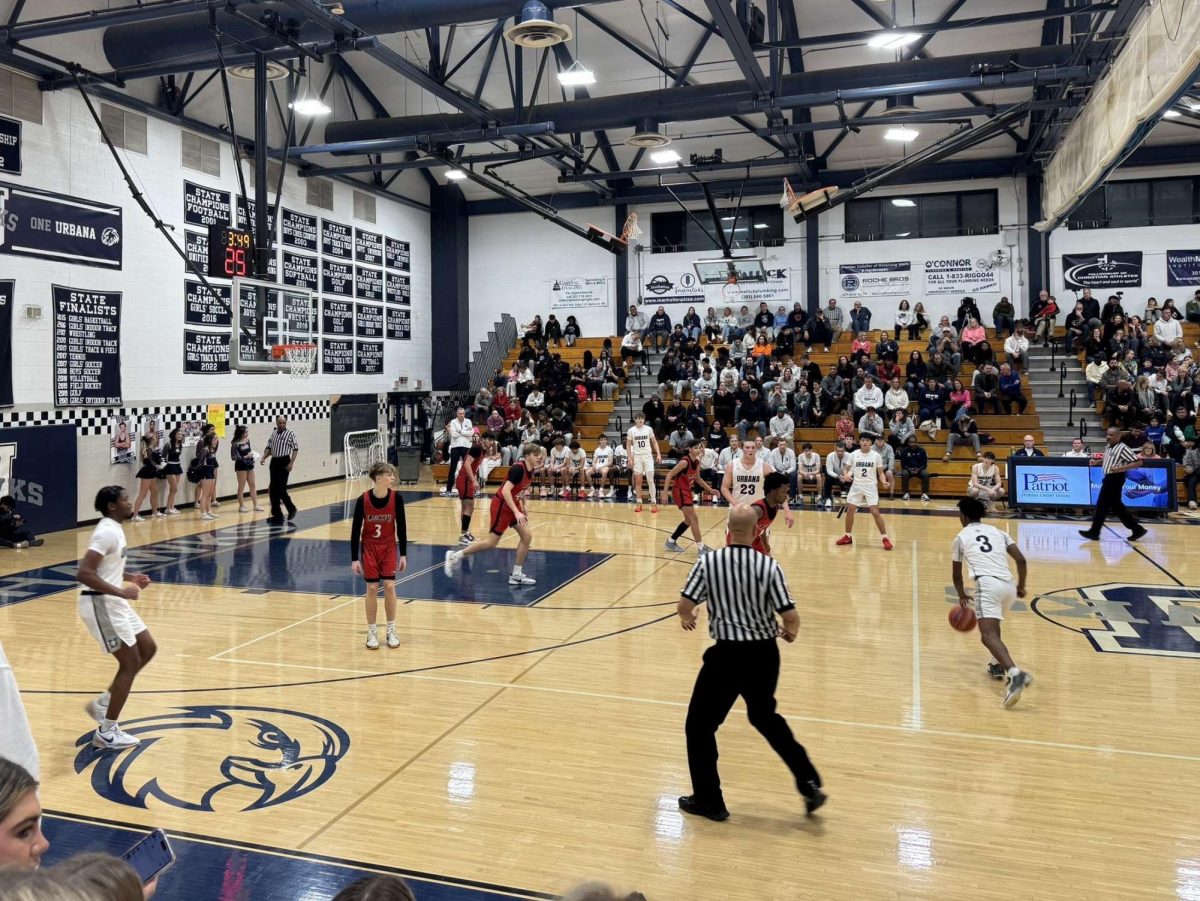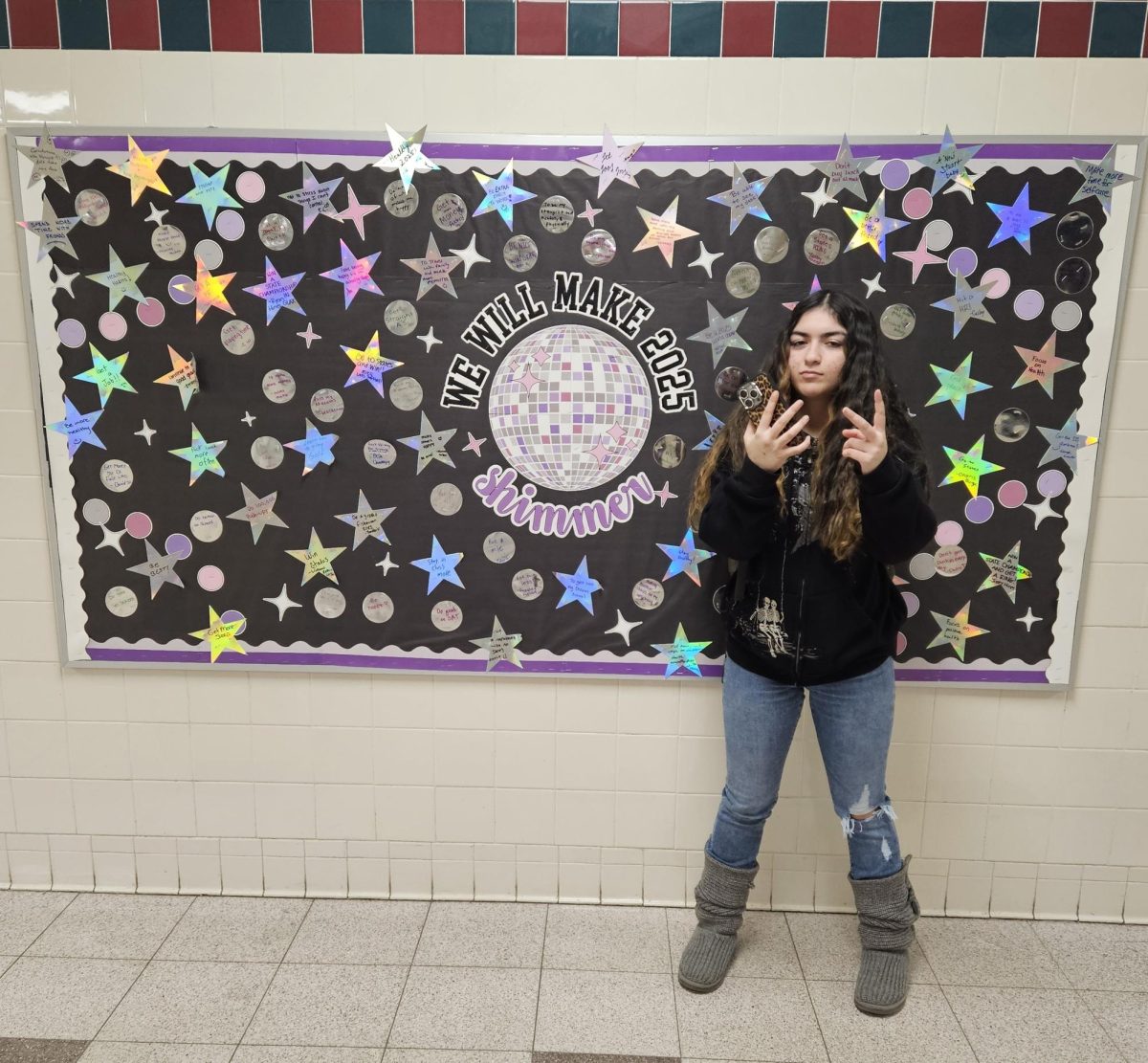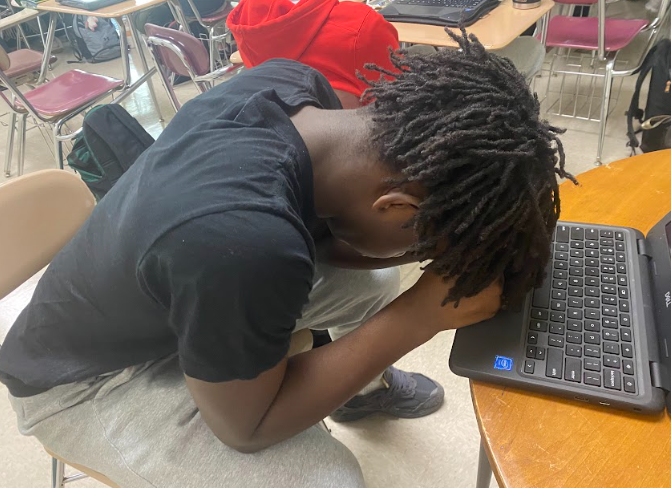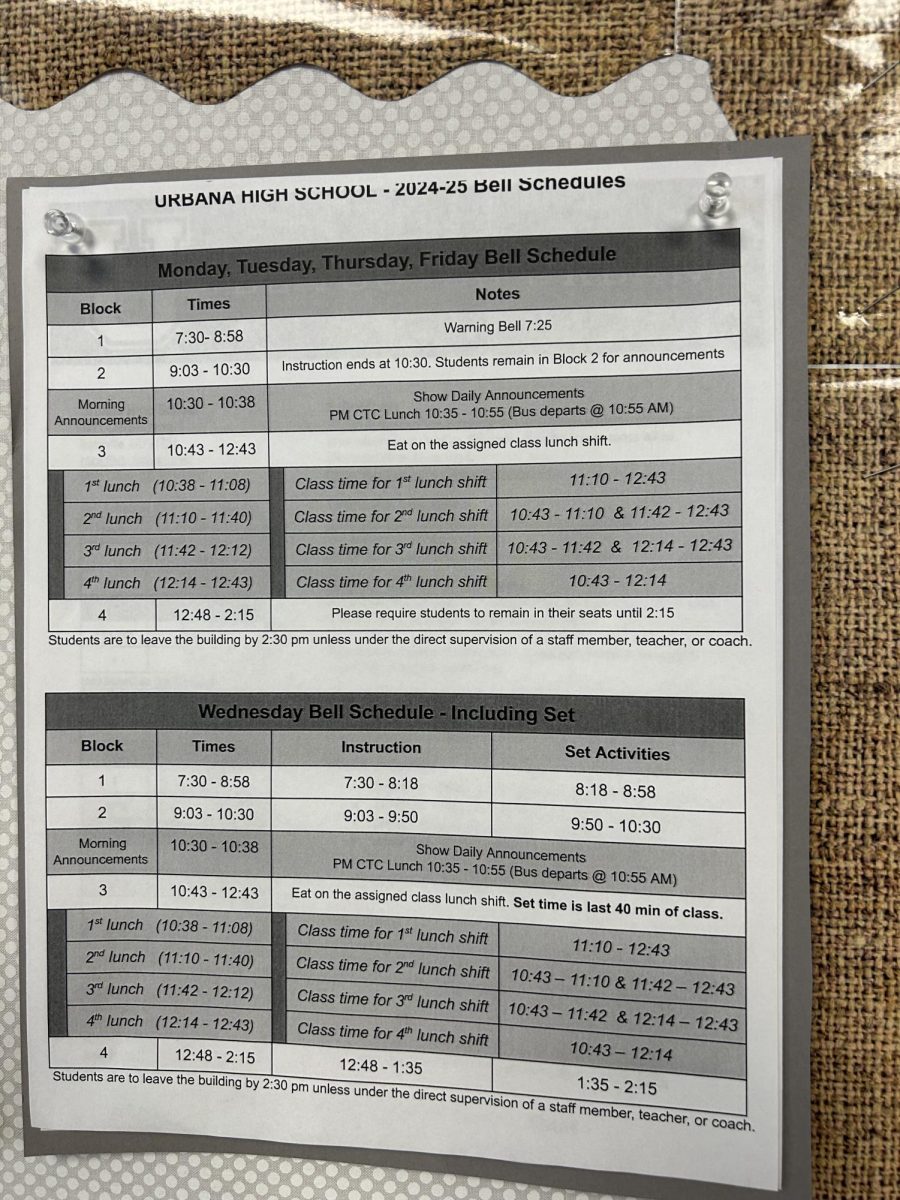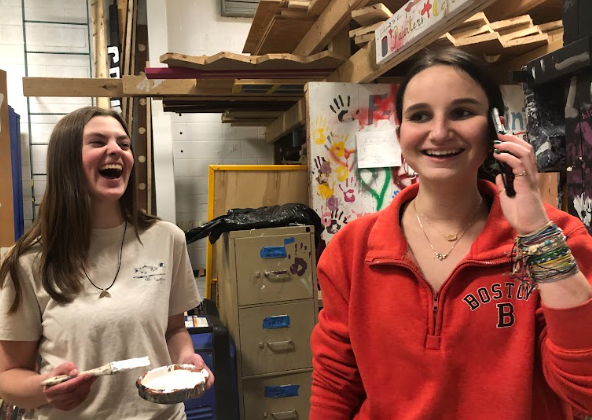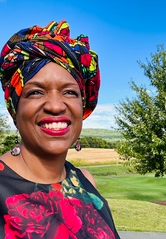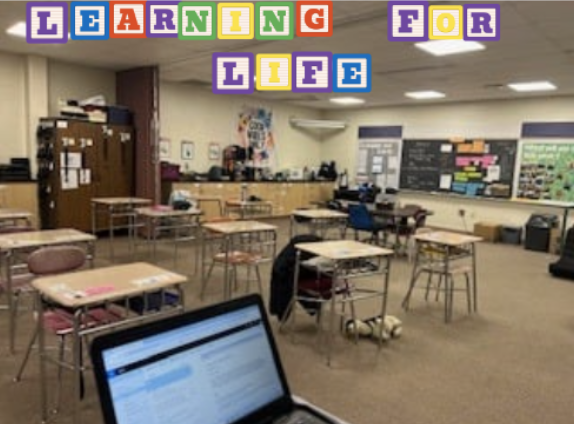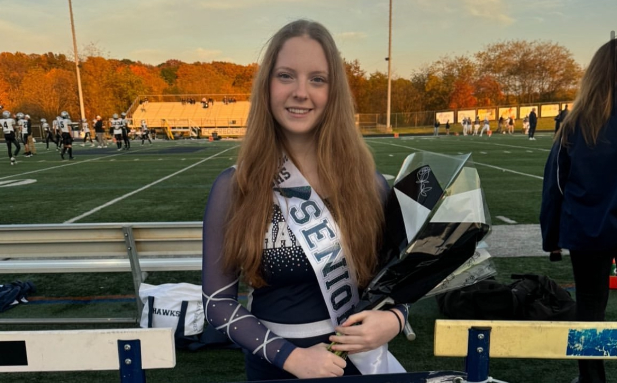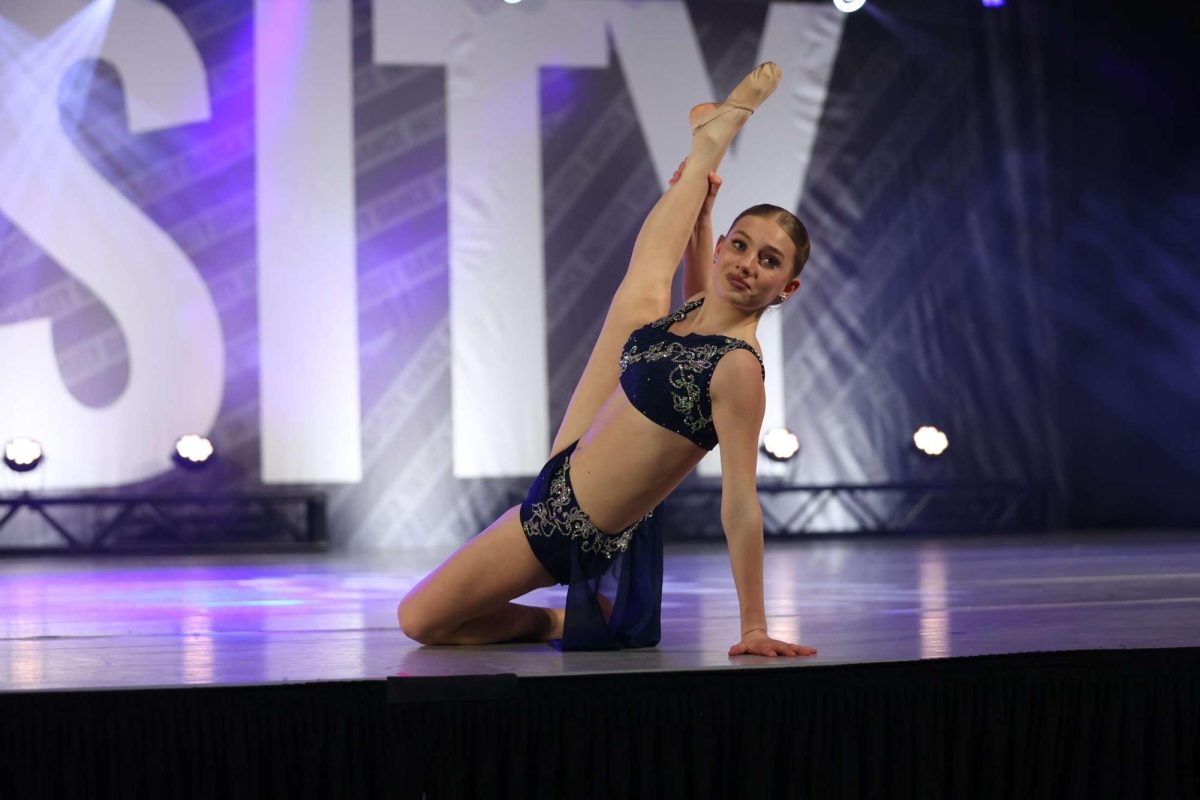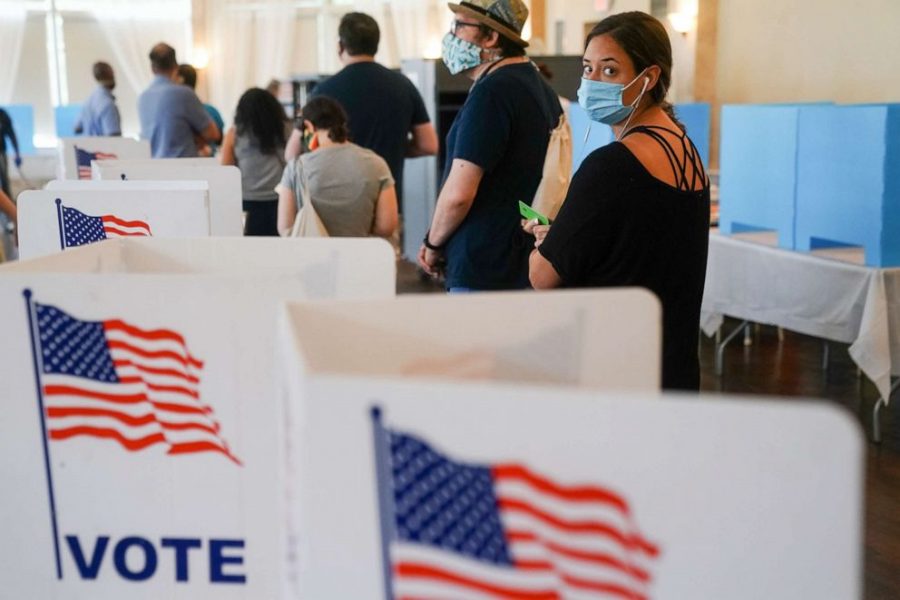What it’s like missing the age cutoff for voting in the 2020 election
November 4, 2020
Joe Biden? Or Donald Trump?
“This year’s election is the most important in our lifetime.” – The Hill
How will we manage COVID-19? How will we grant justice to those who deserve it? How will we promote equality for all people? How will our economy recover? Most importantly, how will we see these changes?
The short answer is vote. If you are an eligible voter, the best and only way to speak up for your opinions right now is by voting. However, there is a huge chunk of people in this nation who are mature enough to think for themselves and formulate their individual opinions yet they just missed the age cutoff for voting this year.
I talked to a couple of underage voters about their feelings and judgments regarding the election since the children and young adults of this nation will be the face of our country soon. I think their responses speak on behalf of a lot of people who cannot vote this year including myself.
Izzy Lowery, a senior here at Urbana High School said, “It’s really frustrating for me to miss the age cutoff in an election of this importance.” “These are unprecedented times where so much is at stake…” She continued, “I turn eighteen the same week of the election, so it’s disheartening to see that my opinion won’t matter.”
Izzy also said, “The outcome of this election will directly affect me in terms of healthcare, women’s rights, and LGTBQ rights.”
Another thing that she stated that jumped out to me was: “I protest as much as I can and try to stress the importance of registering [to vote]… I can only encourage others to vote instead of voting myself: that’s all the power I have.”
Please, read that last sentence again.
Like Izzy, I too cannot vote this year. I feel her frustrations because I possess views that I wish to act upon through voting as well, but I can’t. In fact, most high school students are not eligible to vote.
According to the National Center for Education Statistics (NCES), only 33% of high school students nationwide were able to vote in the 2016 election. That doesn’t even acknowledge if those people actually voted. About 55% of voting-age citizens participated overall. In fact, most public schools cancel classes on election day but a majority of those students can’t even vote. Whereas, colleges have not canceled class in the past but most people attending college are of voting age. It doesn’t make any sense and it’s frustrating. College students should be casting their ballots but instead, they are being tested academically. That is just not right! For high school students, it’s like baiting a fish then ripping it away; by canceling school and then saying, “well, even though you’re close to being eligible, you still aren’t eighteen so it looks like you’ll have to wait until the next election.”
Lindzie Gordon (12) said, “Not being able to vote is very frustrating but I’ve taken measures to make sure my voice is heard [by] protesting.” She also said, “while this is a great alternative, it doesn’t compare to being able to have my voice heard in a democratic election.”
Unfortunately, this is a reality for some. Being able to take action in this election is honestly a privilege and all we can do is make eligible voters aware that their vote will affect us too.
This year, both political parties have been pushing more people to vote, especially young people. Those who can vote should do their part in educating themselves and others by listening to unbiased news channels and looking at the facts and statistics. Not only is it your responsibility, but it is also your right to use your voice and vote.
Those that are ineligible to vote can still take measures to let their voices be heard. You can use your social media platform to influence others to vote, make donations, go to protests for matters that are important to you, and (like I said before) educate yourself and those around you and inform them of the importance of voting.
Until then, we shall await the results of the 2020 election. I hope you voted.

